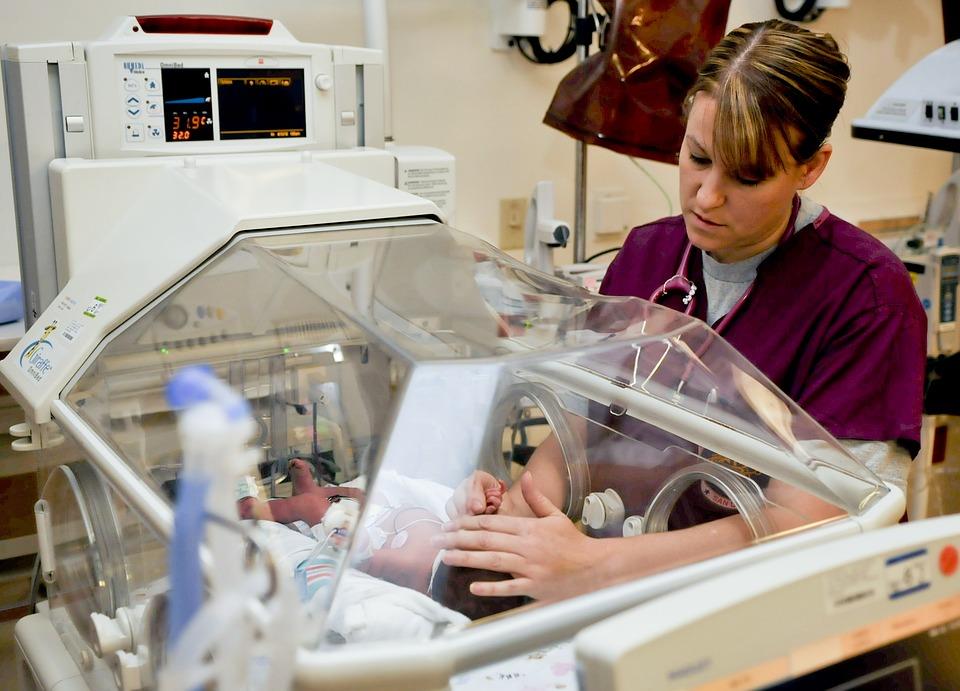Five Tips to Becoming a Nurse Practitioner

A nurse practitioner fills the gap between a doctor and a nurse. The majority of nurse practitioners are registered nurses that have advanced their education to specialize in a particular area and acquire a Masters degree and in some instances a doctoral degree. There are also direct education programs to becoming a nurse practitioner.
A nurse practitioner carries out many functions of a medical doctor in their area of specialization. They have greater authority and autonomy than licensed vocational nurses or registered nurses. And they step up to fill the space left by the shortage of doctors.
If you are interested in the field, there are a lot of resources out there including on nurse practitioner salary information.
Here are the steps you must take to become a nurse practitioner.
You must be a registered nurse
A registered nurse must have attained either an associate degree in nursing (ADN), a Bachelor of Science degree in nursing, or a diploma.
It takes 4 years to acquire a BSN.
After obtaining the BSN, you will need to pass a standardized national examination given by the National Council Licensure Examination for Registered Nurses so that you can obtain an RN license.
You need to undergo a few semesters of supervised clinical practice to show your competency in healthcare provision.
You will require between two to five years acquiring these qualifications.

Complete a masters and a doctorate degree
After becoming a registered nurse, you will need nursing experience before you apply for a graduate degree.
You need to complete a minimum of a master’s degree to qualify as a nurse practitioner. Nurses who hold a BSN acquire this effortlessly while those with a diploma or ADN need to acquire a Bachelor of Science degree before they enroll in the master’s program.
You can complete the Masters of Science in Nursing degree in 2 years. You can pursue a particular specialty or as a generalist degree.
However, nowadays it is being advocated for nurse practitioners to complete doctoral studies to earn a Doctor of Philosophy (Ph.D.) or a Doctor of Nursing Practice (DNP).
A Doctor of Nursing Practice takes 4 years to complete.
You need to get certification
After you graduate, you will need to be certified by sitting for national board examinations focusing on your area of specialty so that you can be licensed by the state. National bodies such as the American Nurses Association and Oncology Nursing Certification provide certification.
The requirements for certification usually include:
- having a valid RN license, having an MSN or higher.
- proof of at least 500 supervised clinical hours, completed given coursework.
- passed the comprehensive exam and paying examination or application fee.
For recertification, you are required to provide proof of continuing education plus a given number of hours of clinical practice in your certification field.
You need to be licensed to practice
After the certification, you will need state licensing for you to practice as a nurse practitioner. Each state has its own requirements for licensing. But you will be required to have at least a master’s degree plus national certification. In some states, you should renew the NP license after every 2 or 3 years.
You will need nursing experience
Before you apply for a graduate degree, you will need to have gained nursing experience as an RN in the field for about two years.
You will also need proof of at least 500 hours of supervised hours when applying for NP certification.
Having nursing experience better prepares the graduates since they have worked in the healthcare front lines. They have acquired skills such as how to work effectively in different medical environments, addressing various patients’ problems and working with a team. Becoming a nurse can be one of the most rewarding professions out there. And there are recruitment agencies such as Athona that specialize in helping you find the perfect nursing position.



